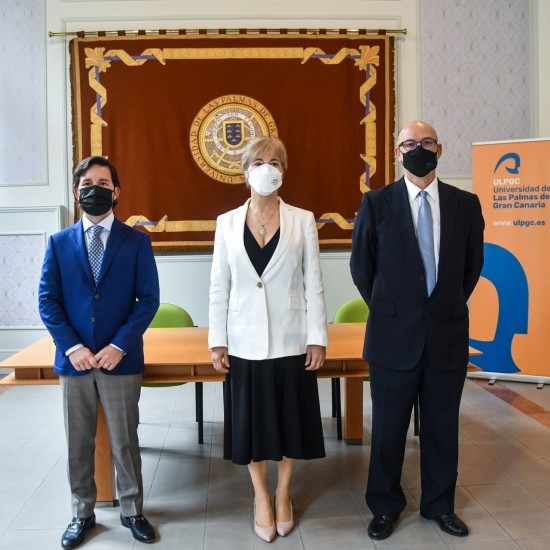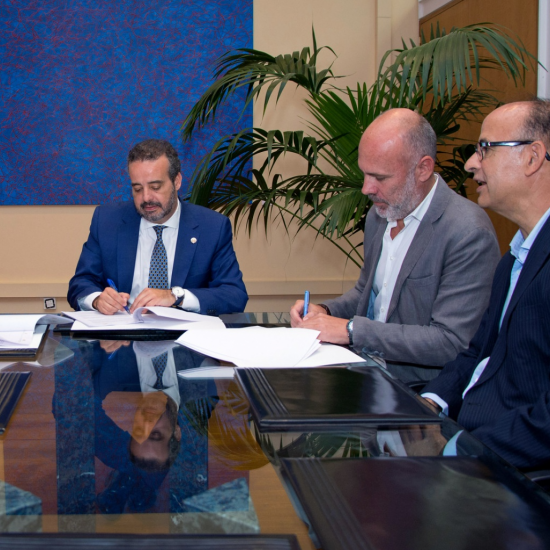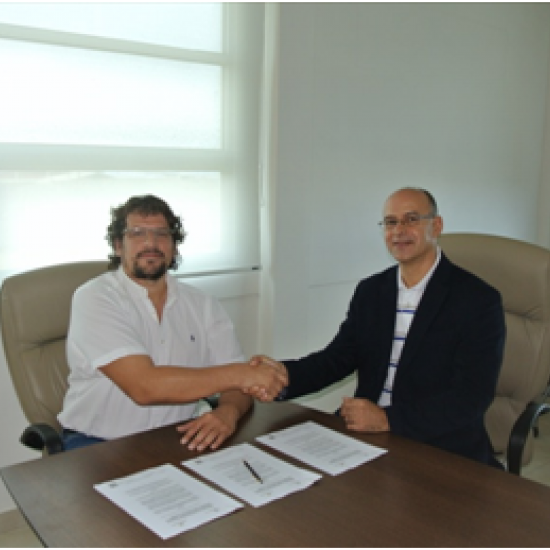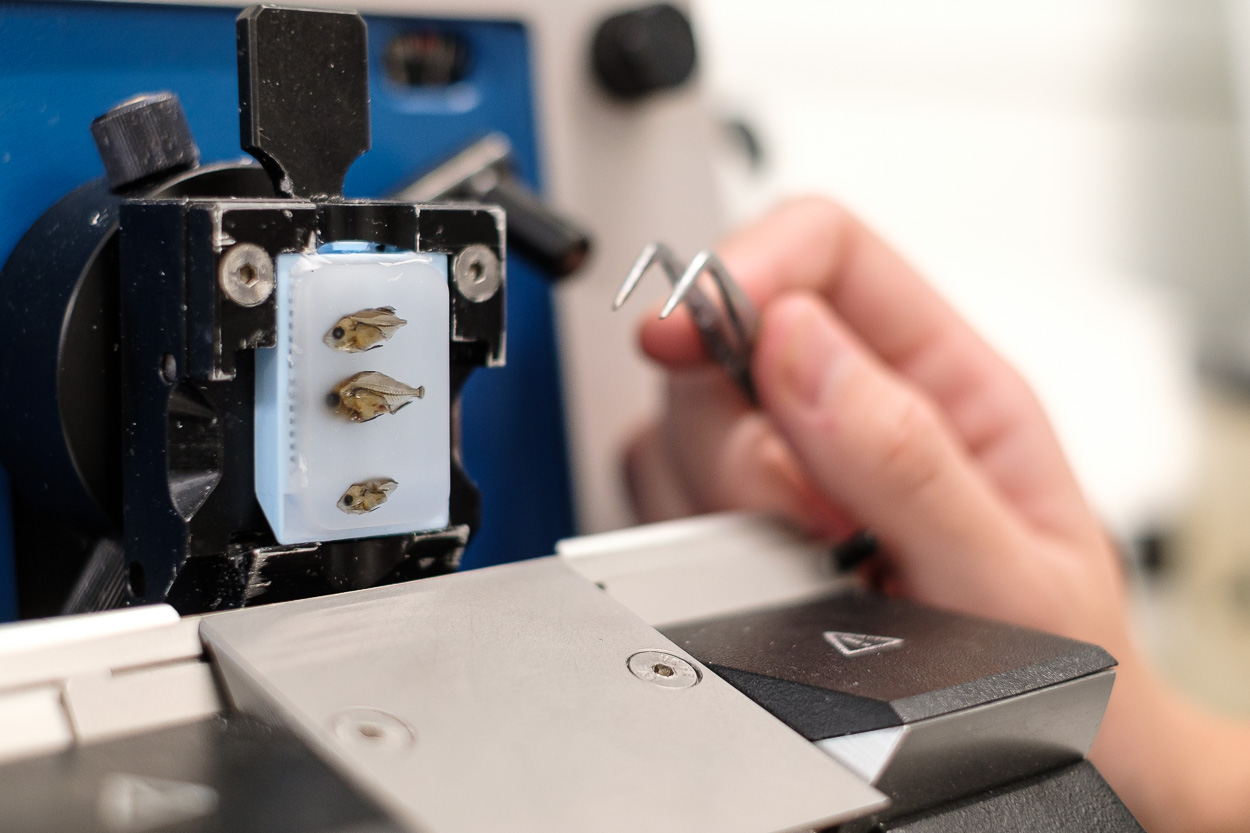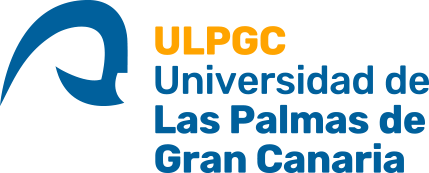.jpg)
The University Institute for Research in Sustainable Aquaculture and Marine Ecosystems (ECOAQUA®) is a scientific centre of excellence of the University of Las Palmas de Gran Canaria (official approval published in BOC on 23rd February, 2016).
It was born as a milestone of the European EcoAqua project, in which the European Union, through the ERA-Chair programme, sought to promote centres of excellence for research and innovation within the framework of the European Research Area (ERA). Within this project, the bases were developed to promote excellence in research, innovation and postgraduate training in aquaculture and in the conservation and sustainable use of coastal resources from an ecosystem approach, which have been growing towards other areas of knowledge.
At present, the University Institute ECOAQUA is a multidisciplinary Institute that encompasses five research groups (GIA, BIOCON, EOMAR, TOTMA and OFYGA) around blue growth policies and the circular economy, bringing together experts from different areas such as zoologists, botanists, physiologists, veterinarians, oceanographers, jurists, agronomists, pathologists, paleontologists, economists, etc., with expertise on cooperation and development of basic and applied research projects at regional, national and international level.








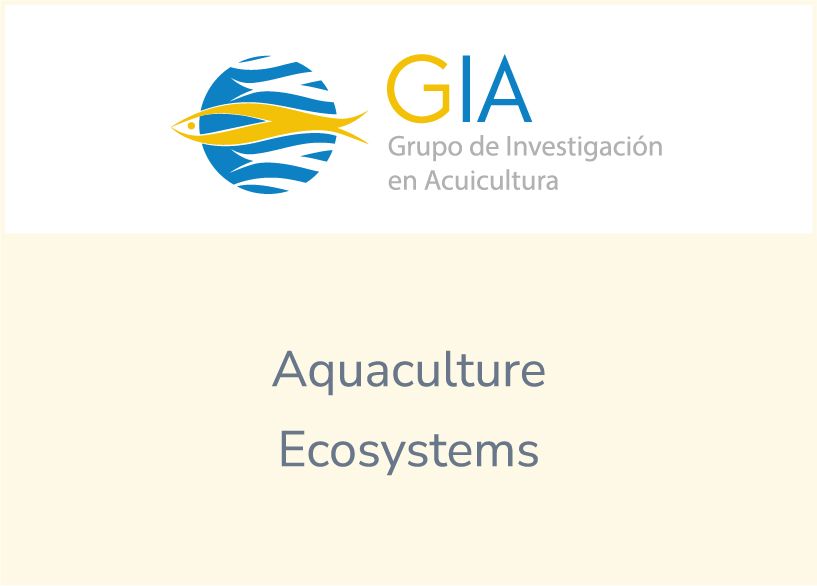
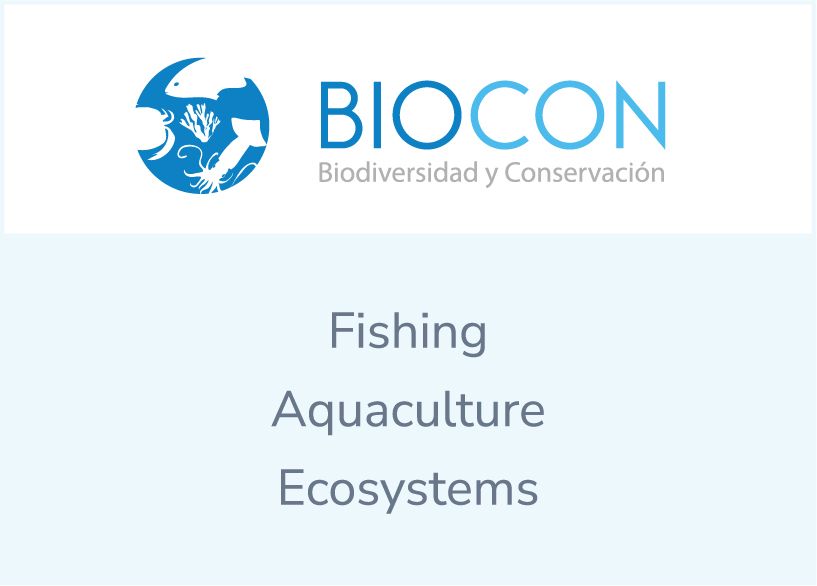
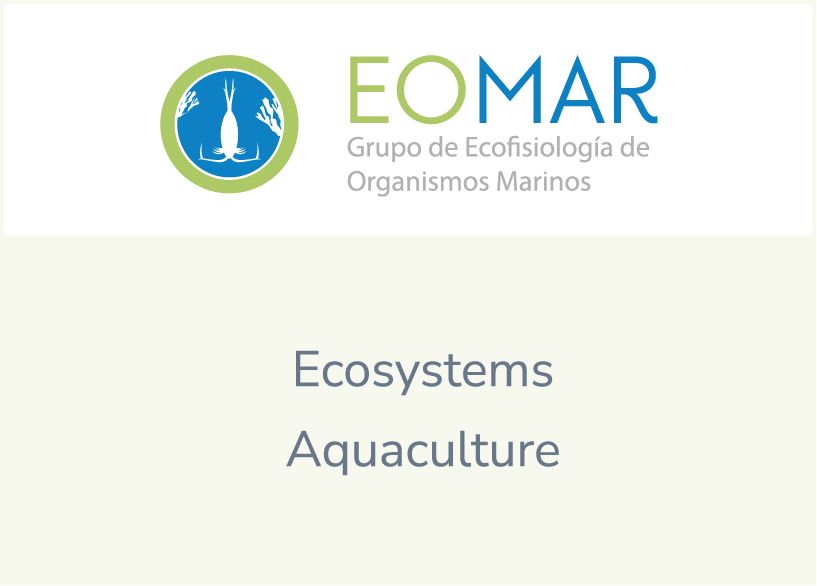
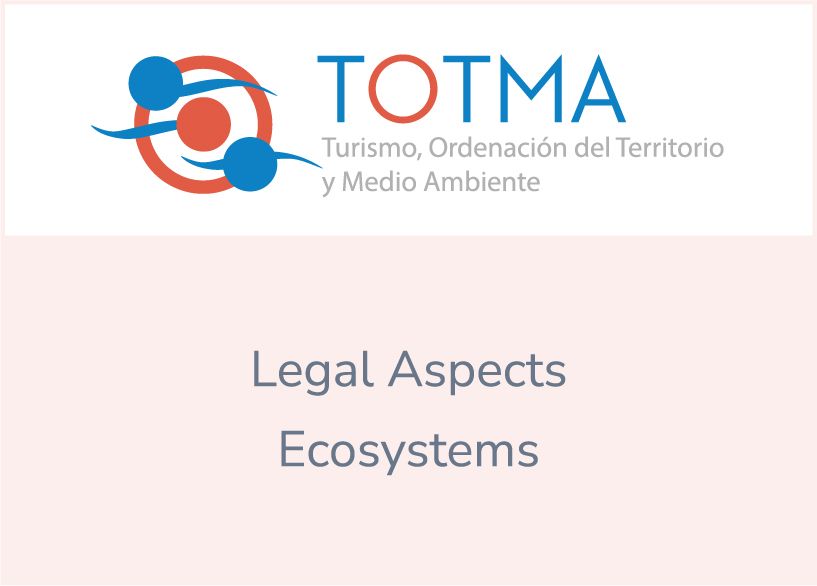
.jpg)









